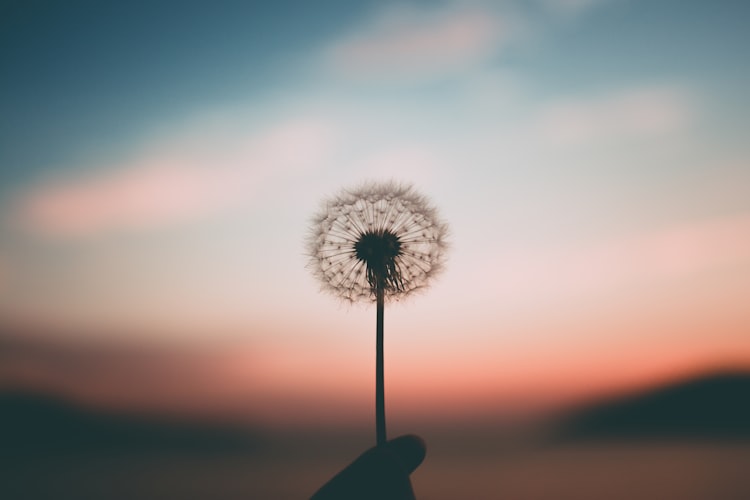 |
| Photo by Aleksandr Ledogorov. |
"Peacemaking doesn't mean passivity. It is the act of interrupting injustice without mirroring injustice, the act of disarming evil without destroying the evildoer, the act of finding a third way that is neither fight nor flight, but the careful, arduous pursuit of reconciliation and justice. It is about a revolution of love that is big enough to set both the oppressed and the oppressors free."
-Shane Claiborne
The concept of peacemaking has always been a part of my life. I grew up Mennonite and the whole reason Mennonites exist is because we wanted to not fight--pacifism is one of the primary, originating tenets of the movement. Yet, beyond conversations about being a conscientious objector to war and vague directives to "go forth and be peacemakers in the world", I don't remember in-depth discussions on what pacifism really meant on the day-to-day or in the face of global injustice.
Then in grade seven, a friend of mine said that she thought pacifism sounded like a nice idea, but couldn't get behind it because it came from the same root as "passive" and thus ultimately meant that you don't do anything to protect yourself, including lock your door. I, a good little Mennonite pacifist, thought that was wrong, but had nothing really to counter it with because my pacifism had only been defined by the absence of violence.
But this? Oh, this is beautiful.
It's not even a little bit passive and it doesn't even bother toying with systems of violence. It reminds me that peace is more than just the absence of war. Peace is a state of wholeness, all on its own.
I just love it every time something comes up to remind me, whenever I am presented with an undesirable binary, to look for a third way, don't you?
Sign up for my email newsletter for a bi-weekly digest and bonus content!

No comments:
Post a Comment